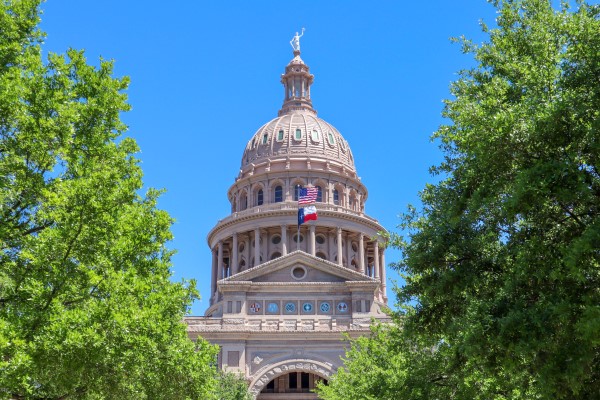SBA Offering Aid to Houston Small Businesses Amid COVID-19 Crisis
Published Mar 25, 2020 by Julia McGowen
Businesses around the world face mounting challenges as the COVID-19 crisis continues to spread, including disruption to global supply chains and finances. While businesses of all sizes are grappling to adjust, Houston's small business community is especially feeling the pressure as it navigates an uncertain future.
To help small business owners make smart decisions during this unprecedented situation, the Greater Houston Partnership hosted a webinar on March 24 for SMEs (small to mid-size businesses) featuring Tim Jeffcoat, District Director of the U.S. Small Business Administration (SBA) Houston District Office. The session was part of the organization's COVID-19 Houston Business Forum, a digital series providing the latest information and analysis on the crisis and its economic impact.
Jeffcoat shared information and resources for the companies, including disaster loan assistance for small businesses and nonprofits, as well as non-finance assistance available from the SBA and its partners
Jeffcoat explained how qualifying businesses can apply for SBA’s Economic Injury Disaster Loans (EIDL), which offer low-interest loans of up to $2 million with no payments required for 12 months. These cash injections can be used for SMEs to cover fixed debts, payroll, accounts payable and bills that are affected by the disaster.
He also outlined the application process, materials needed for businesses to apply, and additional EIDL resources. Those can be found here.
To offer further assistance for business still working to pay off disaster loans after Hurricane Harvey, or other loans through the SBA, the agency is allowing those payments to be deferred until the end of the year.
Jeffcoat also noted that once a business is approved for an EIDL loan, the agency will provide immediate assistance with an initial disbursement that would be disbursed within five business days.
Jeffcoat also shared other important non-monetary resources available through the SBA and its partners, which include:
- The Texas Gulf Coast Small Business Development Centers (SBDC)
- SCORE Mentors
- The WBEA Women’s Business Center (WBC).
These organizations can assist SMEs by providing guidance on cash flow management, supply chains, marketing, strategic planning and offering mentorship on financial decisions.
The Greater Houston Partnership's COVID-19 Houston Business Forum is a digital webinar series providing the latest information and analysis on the crisis and its economic impact for a list of upcoming webinars, click here. We also encourage you to visit the Partnership's COVID-19 Resource page for updates, guidance for employers and more information. And sign up for daily email alerts from the Partnership as the situation develops.
 The Houston Report
The Houston Report



















